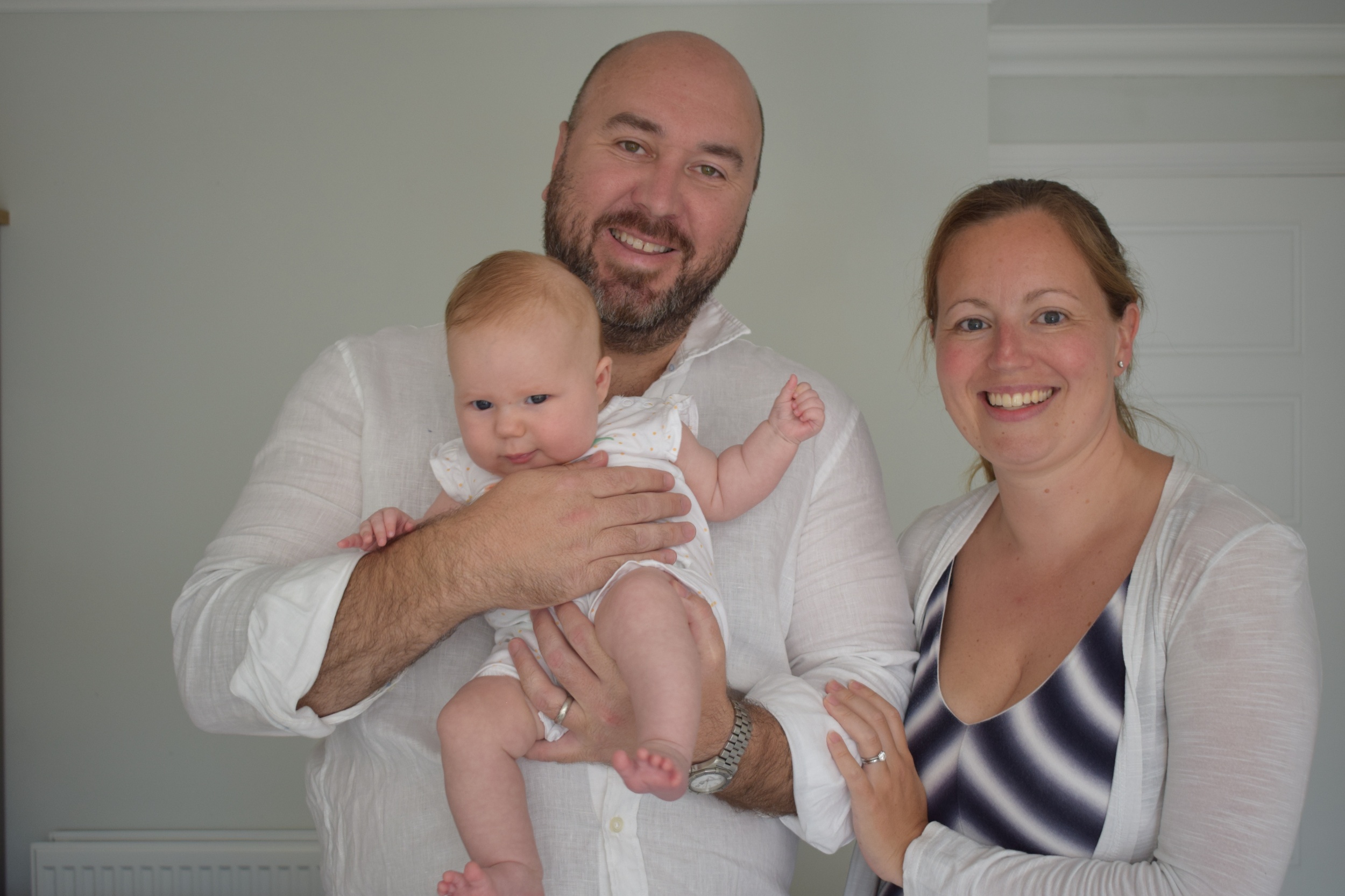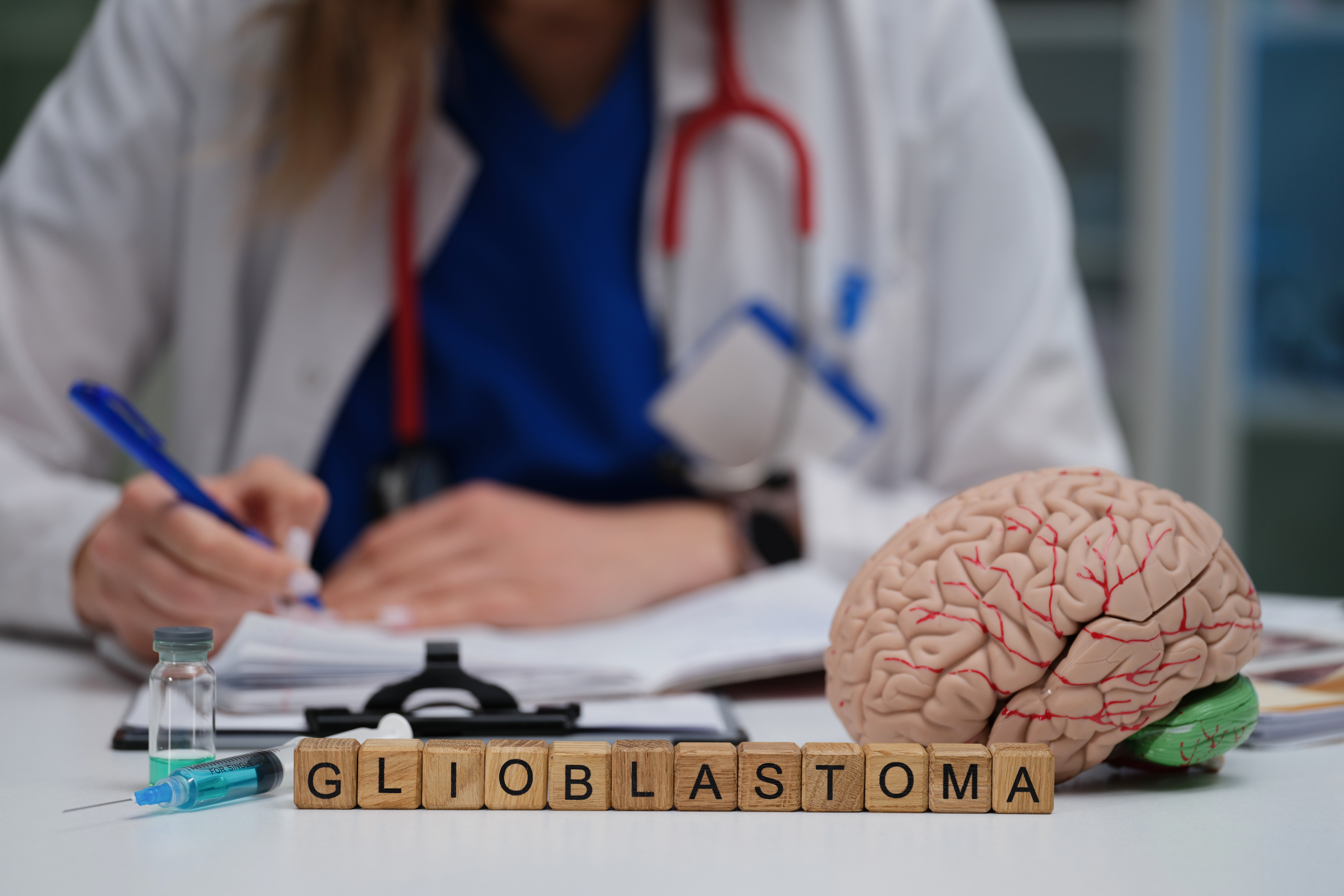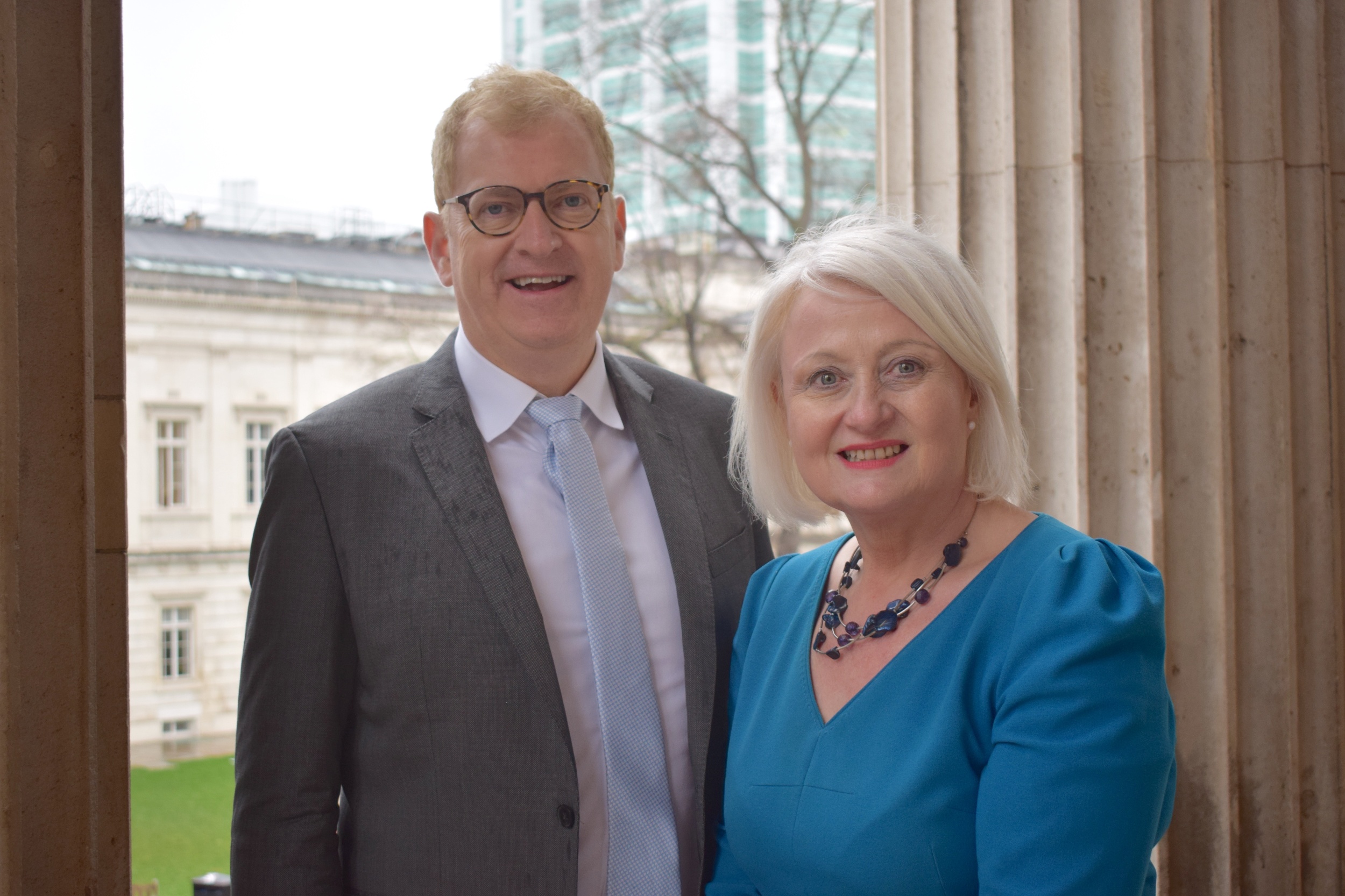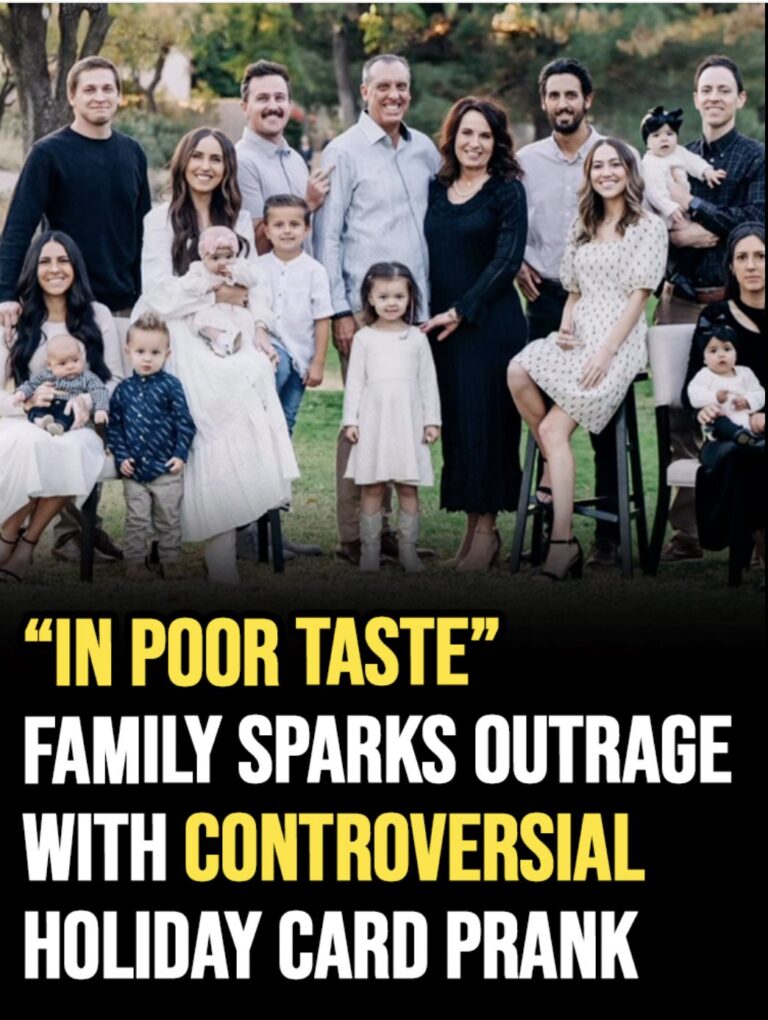Dad Beats Aggressive Brain Cancer After Breakthrough Drug – Now He’s Tumor-Free
Sadly, there’s no known cure for this disease, and most people who are diagnosed with it are only expected to live for about nine months.

But now, there’s hope on the horizon. Researchers at University College London Hospitals (UCLH) have started a new trial involving an immunotherapy drug called ipilimumab. Sold under the name Yervoy, this drug is a monoclonal antibody designed to help the immune system recognize cancer and fight it.
Doctors are feeling hopeful because one patient—a 43-year-old dad from the UK showed no signs of cancer after taking ipilimumab before starting his usual glioblastoma treatment.
“We saw with Ben, the one patient recruited to the immunotherapy study, NeAT-GLIO, that he has had clear scans since having the treatment and the tumor hasn’t returned more than two and a half years later.”

After that, he met with Dr. Mulholland, who introduced him to the clinical trial for ipilimumab.
Ben ended up being the first and only person in the entire study to take the drug before starting any traditional treatment for the cancer.
“Getting this diagnosis was the most traumatic experience.” said Trotman’s wife, Emily.
Ben started his treatment journey by taking the immunotherapy drug.
After that, he went through radiation therapy and chemotherapy to help kill off any remaining cancer cells.
“It is very unusual to have a clear scan with glioblastoma, especially when he didn’t have the follow-up surgery that had been planned to remove all of the tumor that was initially visible on scans.” Mulholland said.

Ben and Emily tied the knot in January 2023, just a few months after Ben’s diagnosis. Earlier this year, they welcomed their daughter, Mabel, into the world.
The couple often enjoys heading outside for peaceful walks, usually bringing along their rescue dog, Jerry, to join in the fun.
“We are in a unique position of which there is no precedent and which comes with a great deal of uncertainty.” she continued.
“We want to live each day as if it were our last, but we also want to plan for the future, which we hope to have.”
Just like Ben, the patients in this study will first take ipilimumab. After that, they’ll undergo the standard treatments, including radiation and chemotherapy.
Some of them might also have surgery, depending on how severe their condition is and where the tumor is located.

“My beloved sister Margaret was appalled to discover that there had been no advances in brain cancer treatment for decades when she was diagnosed with glioblastoma.” McDonagh said.
“Changing this was Margaret’s final campaign and one that I have continued in her memory.”
“I am delighted that this new trial, with the same immunotherapy drug I received, is going ahead and others will have the opportunity to take part.” Ben said. “It will give people newly diagnosed with glioblastoma some hope.”

